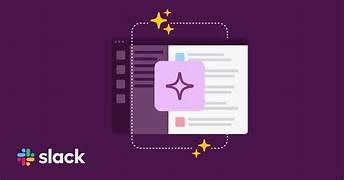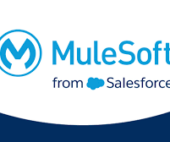The longer you stay at an organization, the more Slack channels you find yourself entangled in, making it increasingly difficult to cut through the noise. Even at Fortune, the accumulation of channels and the platform’s familiar clicking notifications are ever-present, with writers engaging in conversations ranging from breaking news to local food tips and football discussions.
Managing Slack can feel like a job in itself. However, as Slack incorporates AI to streamline tasks and minimize busy work, users now face the challenge of deciding how to use their newly freed-up time.
Slack’s AI introduces a new time dilemma. By simplifying the once time-consuming task of sifting through messages for critical information, the platform’s new “recap” function provides workers with a summary of incoming messages and highlights what’s most important. Companies like OpenAI, Spotify, and Uber are also optimizing their workflows by integrating Slack with other tools, such as the work management app Asana.
AI is being utilized in various ways across Europe as well. Slack CEO Denise Dresser, seven months into her role at the Salesforce-owned messaging app, noted a Workforce Labs study showing that U.K. users are leveraging Slack’s writing assistant feature, while French users are primarily using it for summarization. In Germany, 36% of desk workers are employing AI to automate their tasks more regularly than their European counterparts.
The initial results are promising. Slack reports that its AI tool has saved users an average of 97 minutes per week in administrative time. However, this has led to a new challenge: many workers are unsure how to best use their extra time.
“They were still focusing on the work of work, which means we haven’t yet made the operational and mindset shift to start doing new things,” Dresser shared with Fortune, reflecting on the Workforce Labs findings.
This situation highlights the next significant discussion about AI’s impact on work—how it will enhance productivity, replace roles, and potentially create new ones. There’s also ongoing debate about whether AI could render the traditional five-day workweek obsolete, offering people the option to enjoy more leisure time or take on more work.
Dresser, for her part, plans to use her freed-up time to engage more with clients and is optimistic about AI’s potential to revolutionize workflows.
“I personally think AI is going to be one of the most significant enhancers of human productivity we’ve ever seen, and I believe it will truly unlock human potential,” Dresser says. “It will likely create more jobs. We may see entirely new roles emerge, and I think that’s going to be exciting.”












